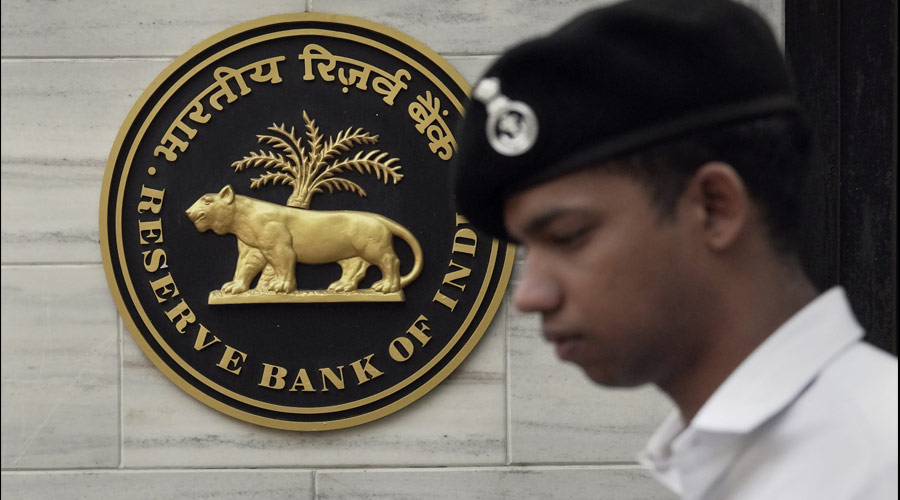The Reserve Bank on Tuesday directed digital lending entities to disclose upfront the names of of their empanelled agents authorised to contact borrowers in case of default of loan, and also intimate the details to customers before initiating the recovery process.
In August last year, the RBI had tightened norms for digital lending to prevent charging of exorbitant interest rates by certain entities and also check unethical loan recovery practices.
Under the new norms, all loan disbursals and repayments are required to be executed only between the bank accounts of borrower and the regulated entities (like banks and NBFCs) without any pass-through/ pool account of the Lending Service Providers (LSPs).
Also,"any fees, charges, etc, payable to LSPs in the credit intermediation process shall be paid directly by RE and not by the borrower", the Reserve Bank said in a press release while conveying the regulatory stance.
The Reserve Bank of India on Tuesday issued a set of frequently asked questions (FAQs) on 'Digital Lending Guidelines'.
On recovery agents, the FAQs said: "At the time of sanction of loan, the borrower may be conveyed the name of empanelled agents authorised to contact the borrower in case of loan default.
"However, if the loan turns delinquent and the recovery agent has been assigned to the borrower, the particulars of such recovery agent assigned must be communicated to the borrower through email/SMS before the recovery agent contacts the borrower for recovery." The RBI also said that in case of delinquent loans, regulated entities (REs) like banks and NBFCs, can deploy physical interface to recover loans in cash, where absolutely necessary.
"In order to afford operational flexibility to REs, such transactions are exempted from the requirement of direct repayment of loan in the RE's bank account.
"However, any recovery by cash should be duly reflected in the borrower's account and REs shall ensure that any fees, charges, etc., payable to LSPs are paid directly by them (REs) and are not charged by LSP to the borrower directly or indirectly from the recovery proceeds," the FAQs said.
The RBI also said penal charges such as cheque bounce/mandate failure charges must be disclosed separately in the Key Fact Statement (KFS) under 'Details about Contingent Charges'.
On whether all Lending Service Providers (LSPs) need to appoint grievance redressal officers, the RBI said only those entities which have an interface with the borrowers would need to appoint such officers.
"However, it may be reiterated that the RE shall remain responsible for ensuring resolution of complaints arising out of actions of all LSPs engaged by them," the FAQs said.
The central bank further said the principle underlying the 'Digital Lending Guidelines' is that a LSP should not be involved in handling of funds flowing from the lender to the borrower or vice versa.
While entities offering only Payment Aggregators (PA) services shall remain out of the ambit of 'Guidelines on Digital Lending', any PA also performing the role of an LSP must comply with the guidelines.
Issuing a detailed set of guidelines for digital lending, the RBI mentioned about the concerns primarily related to unbridled engagement of third parties, mis-selling, breach of data privacy, unfair business conduct, charging of exorbitant interest rates, and unethical recovery practices.
Except for the headline, this story has not been edited by The Telegraph Online staff and has been published from a syndicated feed.










